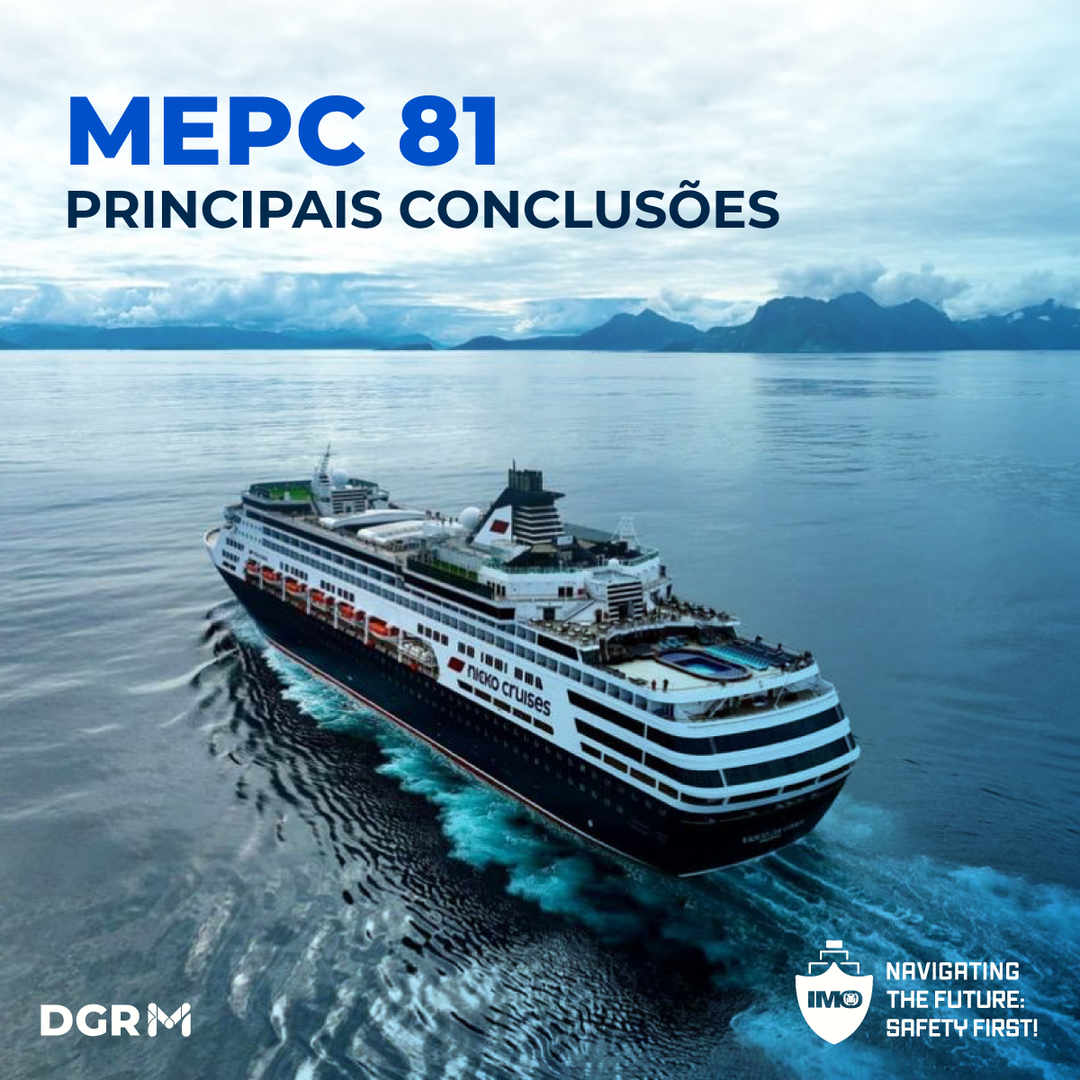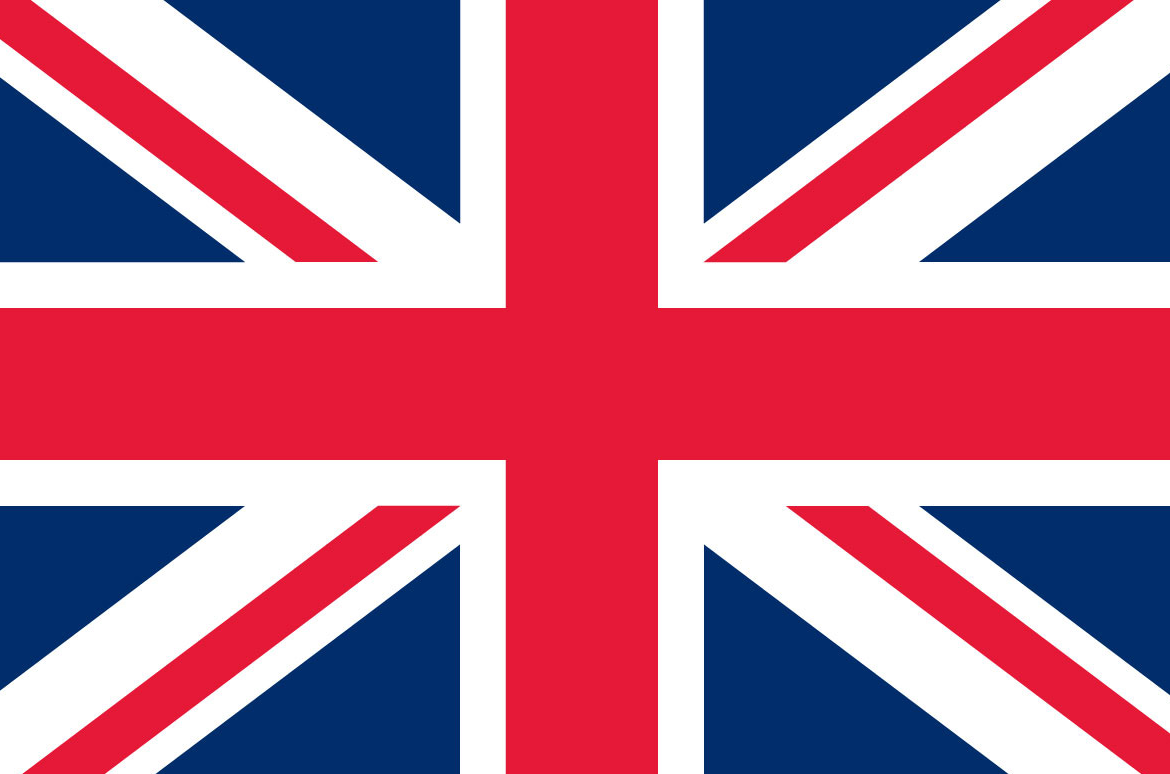The 81st session of the Marine Environment Protection Committee (MEPC) at the International Maritime Organization (IMO) took place from March 18 to 22. DGRM followed the proceedings and presents the main conclusions of the plenary session:
1. Very important progress has been made in designing the new regulatory framework for medium-term measures to reduce greenhouse gas (GHG) emissions, with a view to zero emissions by 2050, namely target-based regulations on marine fuels governing the phased reduction of GHG intensity, and a new global pricing mechanism for maritime emissions.
2. In order to consolidate the design of these measures, work has been set to be carried out until the next MEPC 82, next September, which also includes finalizing the impact study of these measures. The next stage of planning will be for the new regulatory framework to be adopted in 2025 at MEPC 83, and to come into force globally two years later, in 2027.
3. New guidelines have also been adopted for calculating GHG emissions throughout the production and end-use cycle of marine fuels, known as "well-to-wake".
4. Two new emission control areas (ECA) were approved, the first for the waters of the Canadian Arctic and the second for the Norwegian Sea.
5. Approval of new recommendations for the maritime transport of plastic pellets in cargo containers, covering stowage, packaging and correct transport/cargo information, as well as new procedures for lost containers.
6. Approval in principle of the draft action plan for reducing underwater noise from commercial shipping.
7. Approval of several revisions to the Ballast Water Management Convention, including its application to ships operating in areas of poor water quality, as well as guidelines for the temporary storage of treated wastewater and/or gray water in ballast water tanks.
8. Creation of two new working groups to present new elements for MEPC 83 in 2025. The first will address on-board carbon capture and storage and analyze methane and nitrous oxide emissions in the tank-to-wake flow. The second group will analyze the issues and aspects of the social and economic sustainability of marine fuels for possible inclusion in the final guidelines for the entire production and end-use cycle on board.
9. Approval of the updated work plan for the development of guidelines for new alternative fuels, including the development of guidelines for hydrogen and ammonia as marine fuels, low flashpoint fuels and mandatory instruments for methyl/ethyl alcohols.
10. Adoption of draft amendments to the 2021 guidelines on shaft/engine power limitation systems.
11. Agreement to advance discussions with the Secretariat of the Basel Convention to establish the Hong Kong Convention as the pre-eminent international convention on ship recycling.
12. There was no agreement on the revision of the Carbon Intensity Indicator (CII), and discussions should be deepened with a view to improving this indicator, which is aimed at correct behavior in line with the objectives of the IMO's GHG Strategy.





